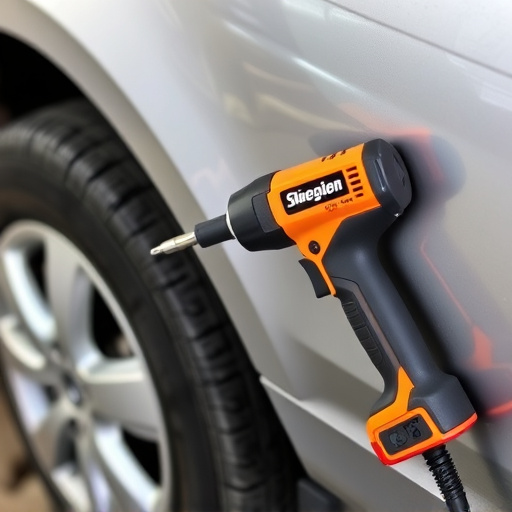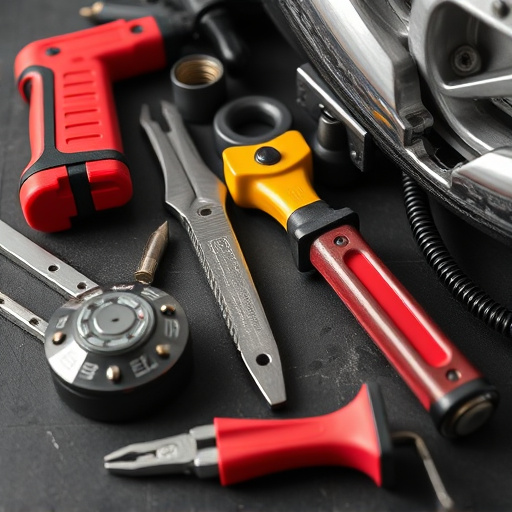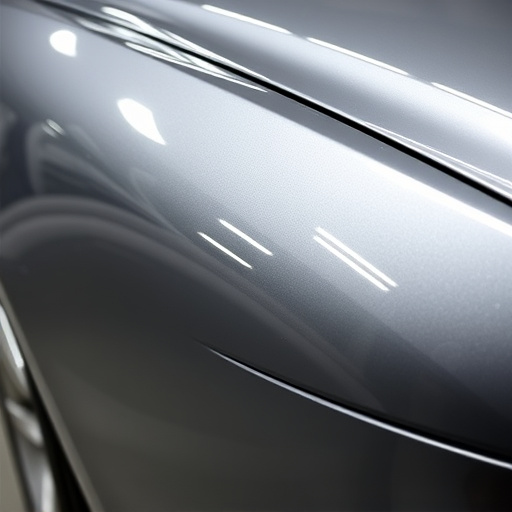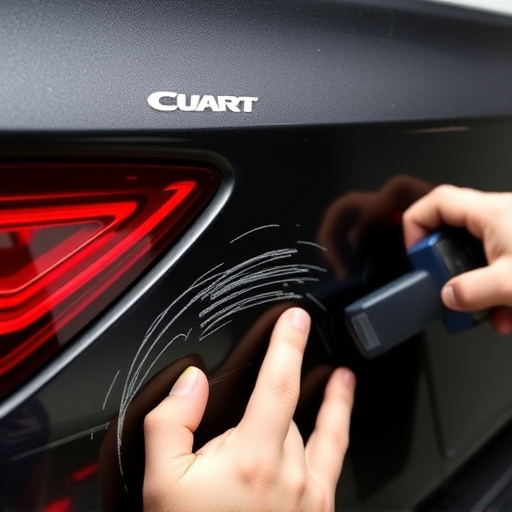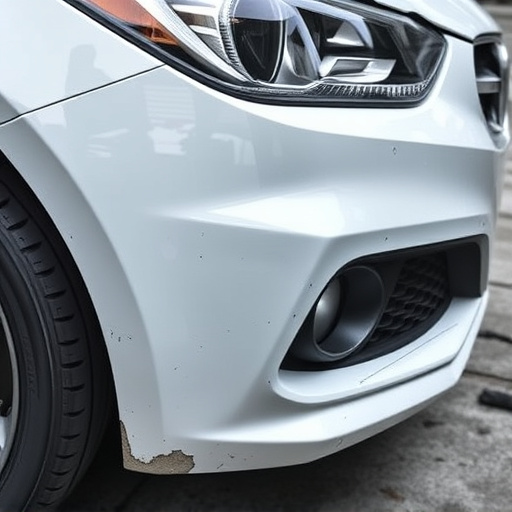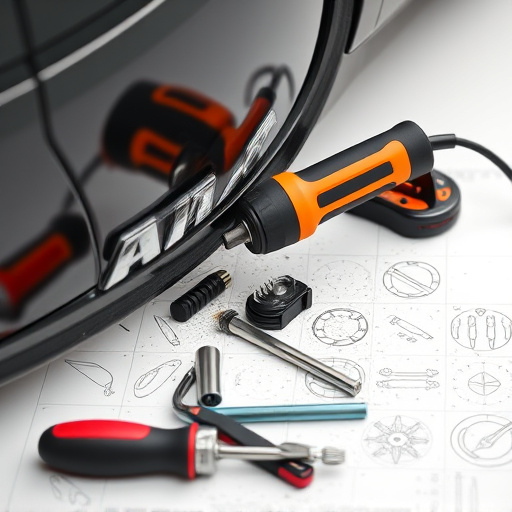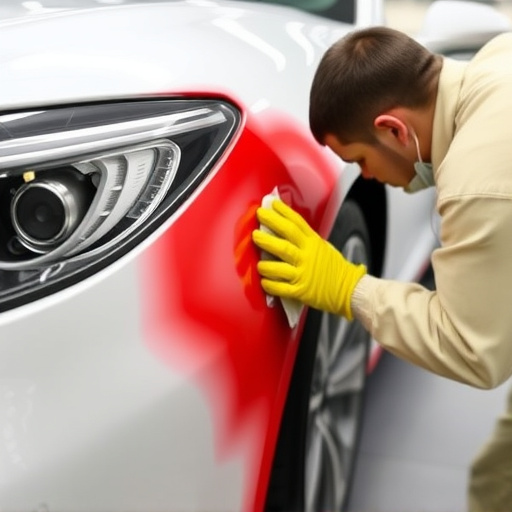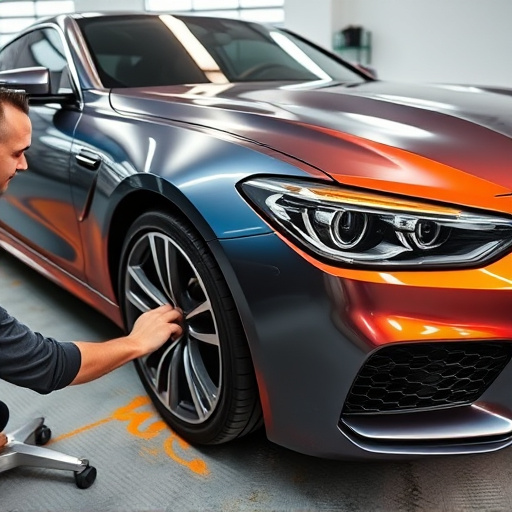Collision repair for hybrid and electric vehicles requires specialized knowledge and tools due to their unique electrical systems. Reputable auto shops specializing in HEVs near you offer trained technicians and advanced tools for seamless repairs. Efficient repair scheduling through digital platforms optimizes resource allocation, reduces downtime, enhances customer communication, and ensures precise collision damage repair.
In today’s evolving automotive landscape, effective repair scheduling collision management is crucial for hybrid and electric vehicles (HEVs). This unique segment presents distinct challenges due to their intricate power systems and specialized components. Understanding the nuances of collision repair for HEVs is essential to ensure efficient, safe, and environmentally friendly repairs. This article explores strategies, best practices, and tools for navigating these complexities, offering valuable insights into optimizing repair scheduling collision processes.
- Understanding Collision Repair for Hybrids and Electrics
- Scheduling Challenges and Best Practices
- Efficient Management: Tools and Strategies
Understanding Collision Repair for Hybrids and Electrics
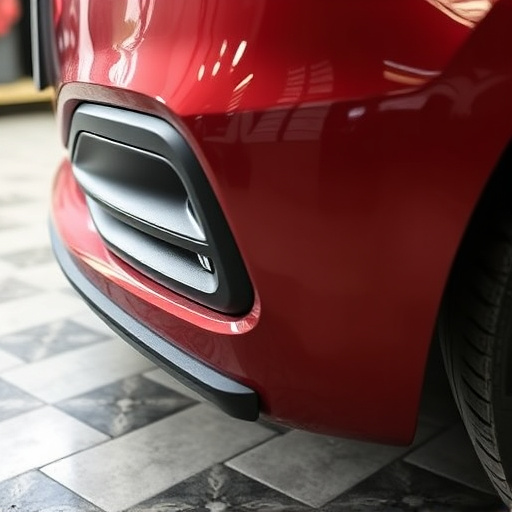
Collision repair for hybrid and electric vehicles is a specialized field that requires advanced knowledge and equipment. These vehicles have unique systems, such as battery packs and complex electrical components, which necessitate a nuanced approach to repairs compared to conventional cars. When a hybrid or electric vehicle experiences a collision, immediate attention from a skilled auto body shop is crucial.
Finding the right car body shop for repair scheduling collision of these advanced vehicles is essential. An auto repair near you that specializes in electric and hybrid vehicles will have the necessary expertise to handle the intricate repairs. These shops are equipped with specialized tools and technicians trained to work with the specific systems found in hybrid and electric cars, ensuring a seamless and secure restoration process.
Scheduling Challenges and Best Practices
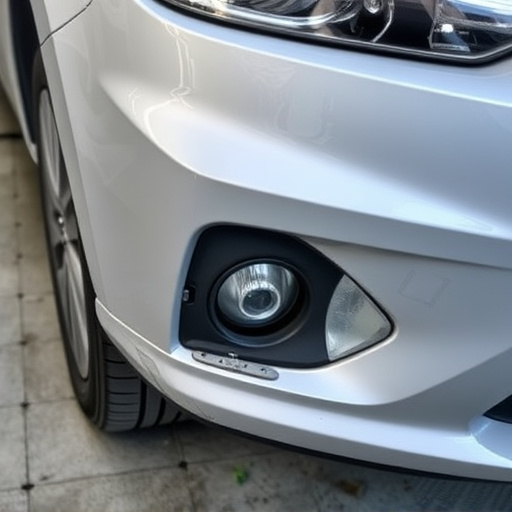
In the realm of automotive repairs, particularly for hybrid and electric vehicles (HEVs), effective collision repair scheduling is a complex dance. These vehicles present unique challenges due to their sophisticated electrical systems and specialized components—a factor that significantly influences how collisions are addressed. The first obstacle is understanding that not all HEV repairs are created equal; from battery replacements in electric cars to intricate electric motor repairs, each incident demands tailored attention. This heterogeneity necessitates a flexible yet structured repair scheduling collision system.
Best practices for managing these complexities involve integrating advanced diagnostic tools and well-trained technicians who can swiftly assess car damage repair needs. For instance, adopting digital systems that streamline the evaluation process enables quicker decisions on priorities, ensuring that urgent Mercedes Benz repair cases are not overlooked due to their specialized nature. Additionally, fostering open communication between workshops, insurance providers, and customers is key to managing expectations and minimizing downtime—a crucial aspect in a world where car bodywork repairs need to be balanced alongside the evolving needs of HEV technology.
Efficient Management: Tools and Strategies
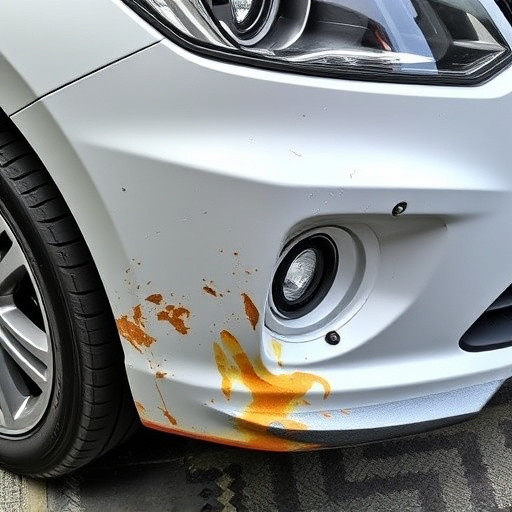
Efficient management is key when it comes to repair scheduling collision for hybrid and electric vehicles (EVs). Specialized software tools are transforming the way workshops handle these complex repairs, allowing for streamlined processes that optimize resource allocation and minimize downtime. These platforms integrate various functions, from initial estimate generation and parts inventory management to scheduling and tracking progress in real-time.
By leveraging data analytics and automation, vehicle repair professionals can anticipate potential bottlenecks, ensure accurate collision damage repair, and maintain a high level of service quality. Moreover, these tools enhance communication with customers by providing transparent updates throughout the repair process, fostering trust and client satisfaction.
Repair scheduling collision for hybrid and electric vehicles presents unique challenges due to their complex power systems. However, understanding these vehicles’ specific needs and implementing efficient management strategies can streamline the process. By adopting best practices and utilizing appropriate tools, collision repair centers can successfully navigate these complexities, ensuring timely and safe repairs for this growing segment of the automotive market. Effective repair scheduling collision techniques are essential to keeping up with demand and providing top-notch service for hybrid and electric vehicle owners.
